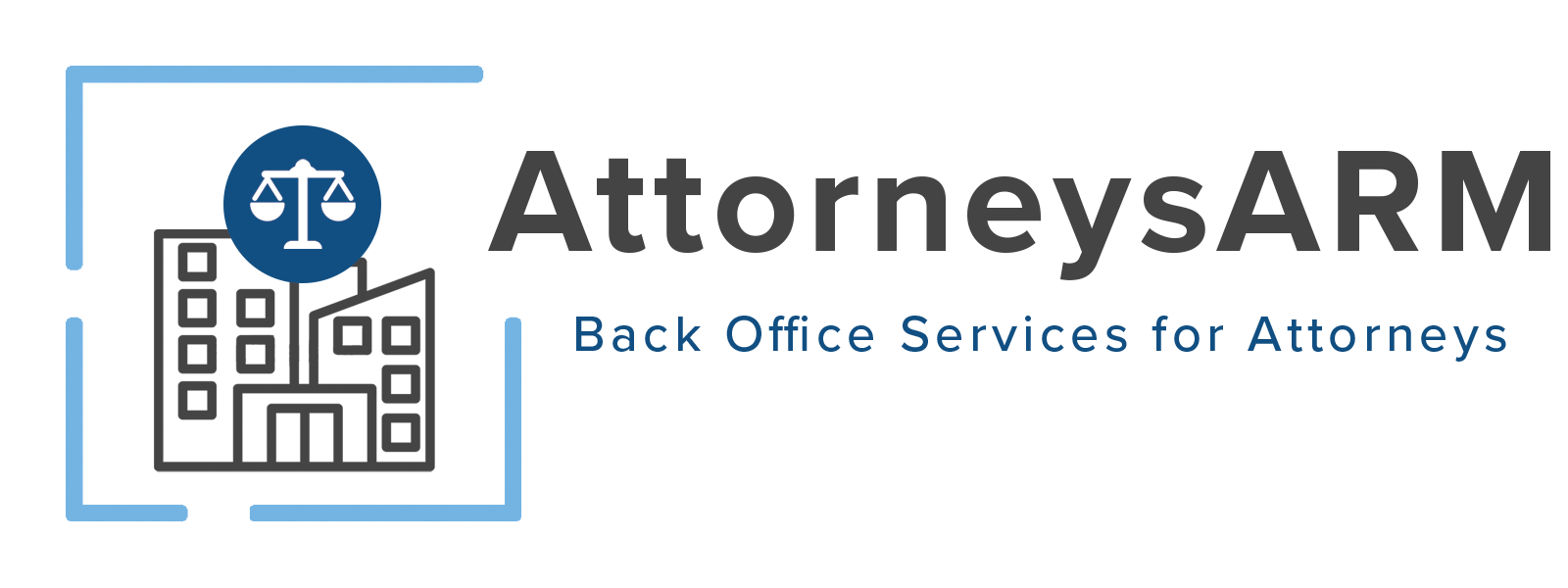4 Poor Credit Practices to Ban from Your Business
For many small businesses, providing credit is simply a way of life. It can give businesses the ability to secure more business and hopefully make more money. However, providing a line of credit isn’t without its risks. Sadly, many small businesses suffer and some even shut down because they have clients who fall on hard times and who cannot pay their bills. Providing credit is a risk. Like any risk, you must take a hard look at all of the factors that determine whether a person or a business is a good credit risk. In an effort to help small business owners mitigate the risks associated with extending credit, we’re providing you with the 5 poor credit practices that you should ban from your business.
Not Using a Credit Application
The first poor credit practice to ban is not using a credit application. Even if you’re providing services to another business, you shouldn’t neglect a credit application. A credit application collects a lot of important information about the individual or the business. It collects information about income, financial obligations, contact information, and references. References are extremely important for both businesses and individuals. With individuals, you want references that can verify their work history and their ability to pay. With businesses, you’re looking to verify that the business has the financial means to pay and that they’ve continued to actively pay on other accounts. Credit applications should also be used to run credit reports. A credit report can be one of your best tools to determine whether someone is a good credit risk.
Providing Too Much Credit
Think about someone that you know that found themselves in a lot of financial trouble because a credit card provider kept extending their line of credit. Just because someone may seem like a good candidate to receive more and more credit doesn’t mean that they should receive it. Keep in mind that between the time that they set up their credit account with you and the time that you provide additional extensions of credit, their financial abilities may have changed. They may have taken on other obligations that you are not aware of. People may have taken different jobs that pay less or maybe they lost their job. Businesses may be going through a slow period and not getting the income that they need to pay all of their bills.
It is imperative that you understand the risk that you’re putting your business in if you are not extending clients the right amount of credit. Providing a person or a business with too much credit can hurt them financially and it can ultimately hurt your business if they default.
Not Getting a Personal Guaranty on Business Accounts
If you’re new to business, there is something that you may not know about business credit. If a new business owner goes to the bank to get a loan, the loan is based on their personal credit history and not necessarily the credit history of the business (even if the business is legally incorporated).
The main reason why you will want to get a personal guaranty on business accounts is to increase the likelihood that you’ll get paid. When someone decides to legally incorporate, they are granted certain protections under the law (depending on how the business is formed). So, there’s a chance that if their business goes under, they will not be personally responsible for any of the debts that the business incurred during its time of operation. Without a personal guaranty, you may not be able to collect on the account if the business goes under.
Not Having Credit Experts on Your Side
Running a business takes a lot of work. You wear a lot of hats. You have an area of expertise – that is seen in the services that you provide to your clients. One of the best ways that you can protect your business from unmitigated credit risks is to work with a credit expert. Clients ARM has more than 30 years of experience in evaluating credit lines. To learn how Clients ARM can help your business avoid credit risks, schedule your free consultation.




